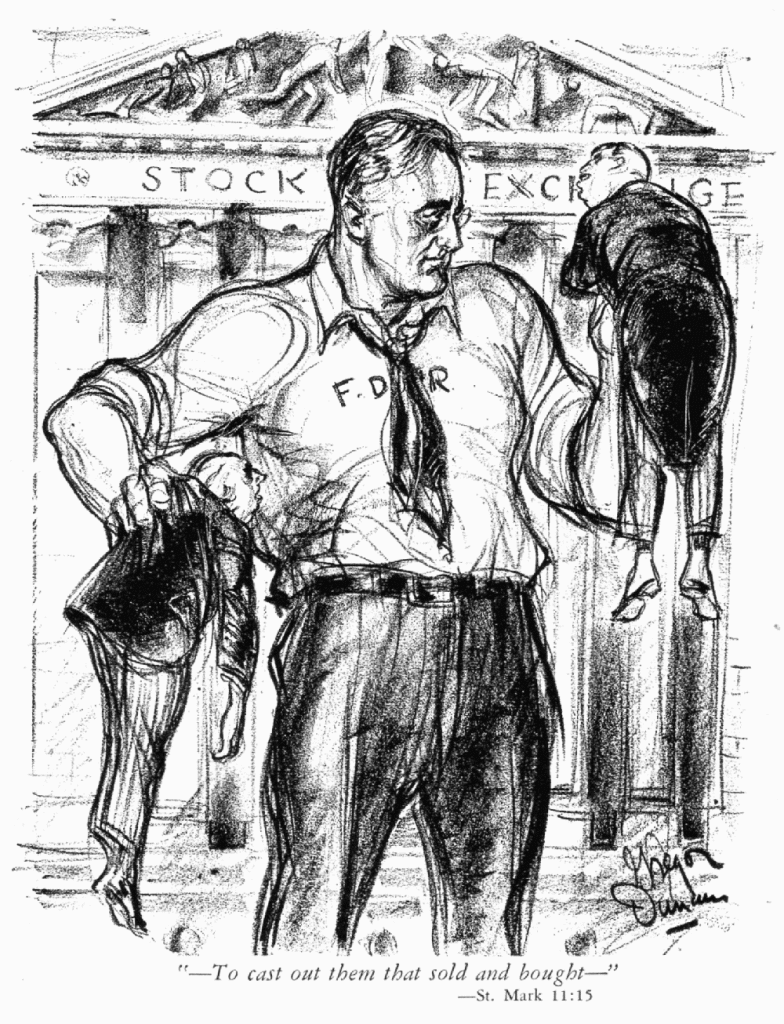JEFFERSON COWIE
Historian


The New Deal: where and how does it fit in the big picture of American history? What does it mean for us today? What happened to the economic equality it once engendered?
Jefferson Cowie tackles the big questions in The Great Exception. Beginning in the Great Depression and through to the 1970s, he argues, the United States built a uniquely equitable period that contrasts with the deeper historical patterns of American political practice, economic structure, and cultural outlook.
During those exceptional decades, which Cowie situates in the long arc of American history, the government used its considerable resources on behalf of working Americans in ways that it had not before and has not since. The crises of the Depression and World War II forced realignments of American politics and class relations, but these changes were less a permanent triumph of the welfare state than the product of a temporary cessation of enduring tensions involving race, immigration, culture, class, and individualism.
As positive as the era of Roosevelt was in creating a more equitable society, Cowie suggests that the New Deal may necessarily belong more to the past than the future of American politics. Anyone interested in the politics of inequality in U.S. history will be interested in coming to terms with The Great Exception.
"Cowie—like the best work of the mid-century historian Richard Hofstadter, whom he frequently cites—has written not so much a work of American history as a brilliant meditation about a central dilemma of American history….Even those readers more instinctively drawn to the greatest bard of American democratic possibility than to his dark and mordant contemporary, owe it to themselves to read the often unsettling, but always stimulating pages of The Great Exception."
-Richard Yeselson, In These Times
"Cowie sings the achievements of the New Deal in a tragic register, emphasizing its transformative power while lingering on its compromises….Cowie’s vision is coherent and arresting, and helps to make sense of recurring puzzles in American political experience. As a literary-intellectual posture, moreover, his fatalism is downright infectious.”
-Sam Rosenfeld, Democracy
"Jefferson Cowie offers a grand interpretation of the road blocks to change...[he] thinks big and long...a rich survey, studded with insights culled from a generation of scholarship."
-Michael Kazin, Book Forum
“With impressive brevity, clarity, and eloquence, Jefferson Cowie offers up a challenge to almost all previous New Deal scholarship that cannot be ignored or wished away. His insights will be disconcerting to many. But this seminal work of historical analysis should inspire historians, journalists, and political activists to rethink America’s recent past and, even more so, its present and future.”
–Eric Alterman, columnist for The Nation and author of The Cause: The Fight for American Liberalism from Franklin Roosevelt to Barack Obama
“Linking the past and present in an arresting way, Cowie urges us to see the New Deal and the postwar liberal era not as the rule but as the exception. This book will cause both academics and the interested public to sit up and take notice. I predict that it will become a key book in modern American history.”
–Edward D. Berkowitz, George Washington University